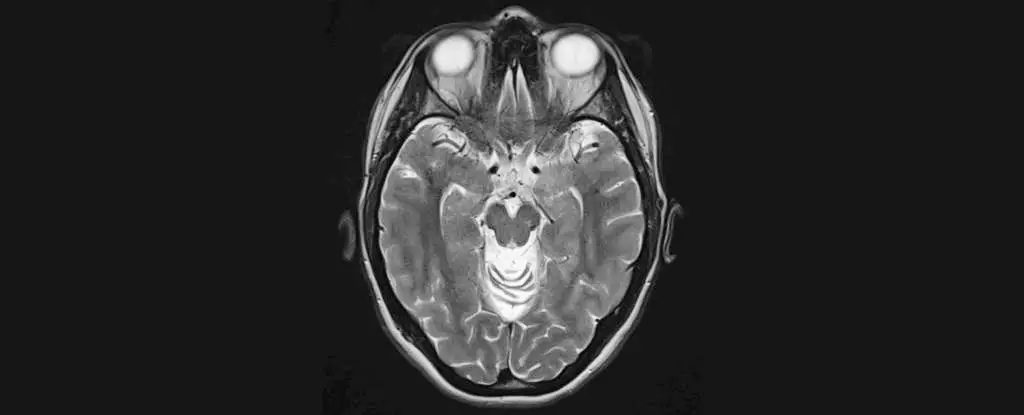A diagnosis of Alzheimer’s disease can be incredibly daunting for both patients and their caregivers. Not knowing what to expect in the future can cause a significant amount of anxiety and fear. However, a recent study has provided hope in demystifying the prognosis of Alzheimer’s disease by developing a tool that can forecast the next five years of cognitive decline for patients showing early signs of the disease.
The team of experts behind this study carefully analyzed 961 patients, focusing on individuals with mild cognitive impairment and mild dementia. Each patient had amyloid beta plaques in their brain, a key characteristic of Alzheimer’s disease. By examining MRI scans, biomarkers, medical history, age, gender, and cognitive test scores over time, the researchers were able to develop a predictive model that outlined the progression of cognitive decline.
Interestingly, the study revealed that patients with mild cognitive impairment experienced a decline in cognitive test scores from 26.4 to 21 over five years. On the other hand, patients with mild dementia demonstrated a much faster decline, dropping from 22.4 to 7.8 in the same time frame. This stark contrast highlights the importance of early diagnosis and intervention in managing the disease.
The researchers also considered the impact of medication on slowing down the rate of cognitive decline. By taking medication that reduces the decline by 30 percent, patients could potentially delay reaching moderate impairment.
These findings have significant implications for patient care and treatment decision-making. The predictive model can serve as a valuable tool for initiating conversations between healthcare providers, patients, and their families about the potential benefits and risks of treatment options. This collaborative approach can help individuals make informed decisions about their care and quality of life as the disease progresses.
While the predictive model shows promise in informing patients about cognitive decline, there are challenges in reaching a confident prognosis. The variability in actual cognitive test scores compared to the predictions underscores the complexity of the disease progression. However, by continuously refining the research and incorporating additional parameters, the model can offer a more tailored and accurate prognosis for patients and their loved ones.
Looking ahead, the researchers hope to enhance their predictive models to address specific questions related to daily functioning and quality of life for individuals with Alzheimer’s disease. By providing more precise and personalized predictions, these models can offer comfort and guidance to those affected by the disease.
The development of predictive models for Alzheimer’s disease prognosis represents a significant advancement in understanding the trajectory of cognitive decline. By leveraging data-driven insights and continuous research efforts, healthcare providers can better support individuals with Alzheimer’s disease and their families in navigating the challenges associated with the condition.


Leave a Reply